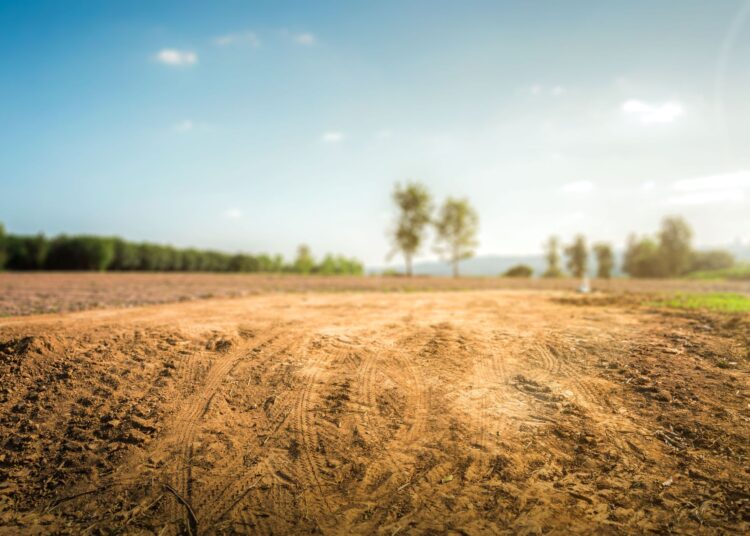Purchasing rural land offers endless possibilities, from farming and recreation to building your dream home. However, making such an investment requires careful consideration. Rushing the process could lead to hidden challenges, so it’s crucial to ask the right questions.
If you are planning to invest in or purchase land, here are 7 essential questions to ask before buying rural land to ensure you make an informed decision.
Who Owns the Land?
Understanding the ownership structure is essential. Verify whether the land has a clear and marketable title. Sometimes, rural properties face disputes over ownership due to historic claims, inheritance issues, or unresolved legal claims.
Conducting thorough document research and a proper title search ensures that the property is legally available for purchase and free from any encumbrances or claims.
What Are the Zoning Regulations?
Zoning laws specify how land can be used, including activities like building structures, farming, or operating certain types of businesses. Local government authorities establish these regulations and can vary significantly from one area to another.
It’s essential to check with your local planning or zoning department to understand the specific rules that apply to your property. Ensuring that your intended use complies with these regulations can help prevent future obstacles, avoid legal issues, and save time and money during development or business operations.
Are Utilities and Access Roads Available?
Rural land often lacks basic utilities such as electricity, water, or high-speed internet, which are essential for improved living standards and economic development. Assess the accessibility to these essentials, including the reliability and availability of these utilities.
Similarly, determine if there are dependable access roads that can accommodate vehicles, especially during adverse weather conditions, to ensure safe and reliable transportation.
What is the Soil Quality?
If you’re considering farmland, assess soil quality before buying. Good soil supports crops and enhances land value. Local agricultural extension offices or soil testing services can provide reports on fertility and drainage, ensuring the land meets your farming needs.
Are There Any Easements or Restrictions?
Easements give others the right to use parts of your land for specific purposes, such as utilities or neighboring properties accessing a road. Understand all existing easements or deed restrictions before agreeing. These could impact the value or usability of the property.
What Natural Features Should You Be Concerned About?
Look for potential natural risks such as flooding, erosion, or endangered species habitat designation. Properties with environmental or geological issues can become problematic. Verify the land’s history, request surveys, and consult local resources for peace of mind. Taking these precautions can help prevent future surprises and ensure the property’s safety and suitability.
Is the Property Financially Viable Long-Term?
Owning rural land involves continuous expenses such as taxes and upkeep. Before buying, it’s important to research the expected taxes and include them in your budget. If your goal is to grow your investment, also assess the local market trends to make a wise financial decision.
Purchasing property presents major opportunities, but thorough preparation is essential. Keep these 7 questions in mind before buying rural land, and focus on important aspects, including legal issues and land quality. If you’re considering land purchases, asking these questions can help you avoid future problems. Take the time to assess everything carefully and move confidently toward your goals.






















































































